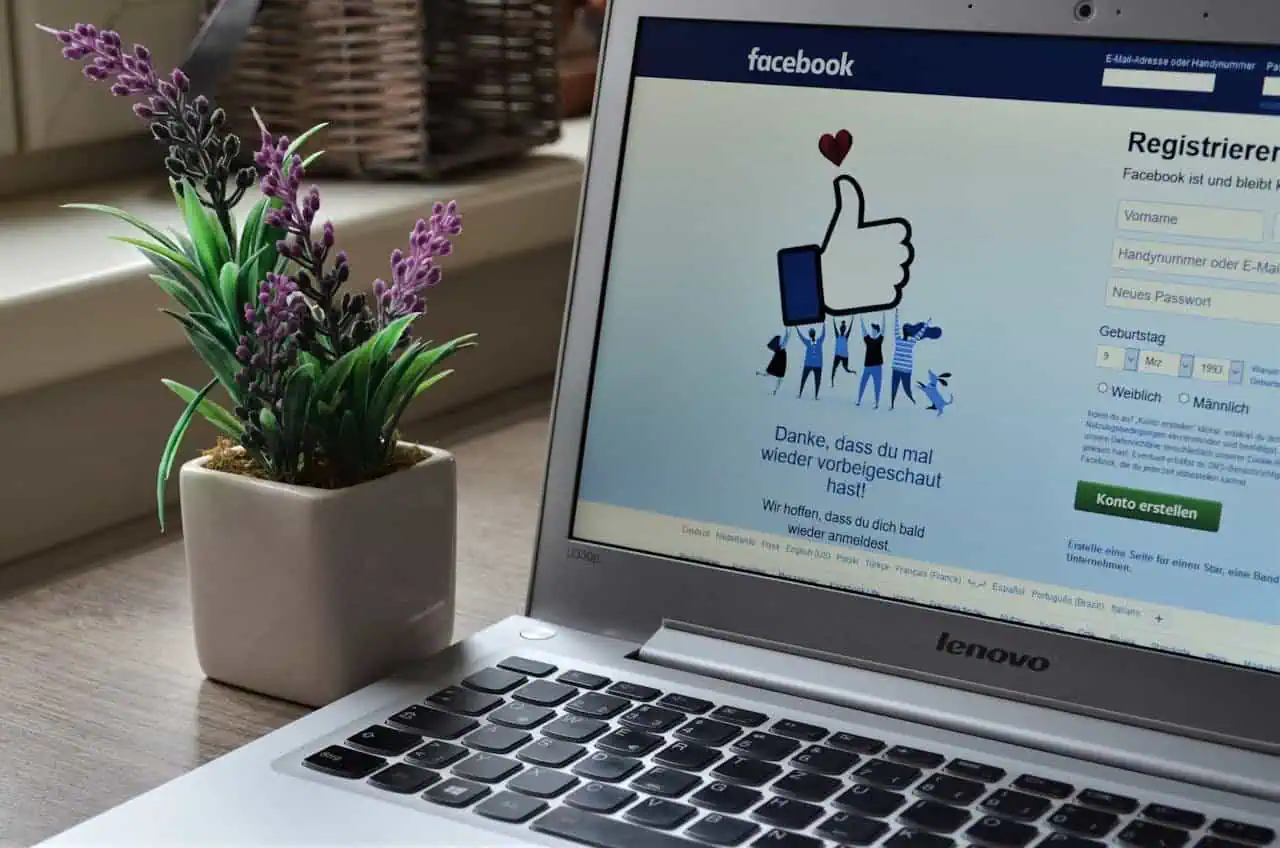Whether you love it or hate it, Facebook is a top driver of business sales and engagement. Can you afford to ignore it? Probably not! Here are ten simple ways you can make it work for your business.
1. Relevance
It’s important to maintain focus on your Facebook page. If people thought enough of your service to “like it” then they did so for a reason.
If you won their approval by offering a pizza deal, keep offering pizza deals on your page. Don’t start talking about selling your used car.
2. Name and Tag
Naming and tagging your clients helps to create a sense of community, particularly if they are well known in your niche.
Making people feel like celebrities – if only for a day – is likely to make them and their friends sit up and take notice of your Facebook page. It will also help to project your business as fun and popular. Some bars do this very well by taking pictures of clients having fun and adding those pictures to their Facebook page.
I have developed a Facebook cover creator and I tag users with their cover creation when they upload their new cover. A sizable portion of their friends then check out the link.
3. Humour
We remember things better when they provoke an emotional response. You probably recall that your best teachers at school were those who would make you laugh. In other words, they appealed to your emotional side rather than your rational side.
A great way to provoke a positive emotional response and encourage engagement is by adding humour to your messages.
4. Give Value
People who become fans on your Facebook feed usually have some expectation that they will get something in return. Think of ways that you can provide extra value to your fans.
‘Air Canada’ do this well. When problems occur due to weather they announce them on Facebook and provide fans with the opportunity to amend their bookings for free.
5. Be Regular
There is a sweet spot you need to hit between spamming and infrequent messaging. Some people worry about sending messages too regularly because each time a communication is sent, it results in some fans “unliking” the page.
However, if you don’t message regularly enough then you’re not engaging and developing a relationship with your readership. Additionally, if you don’t use your fan base to achieve long term value then there isn’t much point in your social media marketing.
6. Real Fans
Over the past few years, people have tried to influence the size of their fan base. Even Justin Bieber is alleged to have inflated his twitter follower numbers by adding “fake followers”.
Facebook has taken measures in recent months to crack down on fake Facebook fans. And the benefits to buying in fake fans are limited to an appearance of numeric advantage. For the most part, these fake fans won’t even be real people. Assuming they are real people, and they have not opted into receiving your messages then they are likely to ignore your messaging or (even worse) report it as spam. That runs the danger that your real fans won’t receive your valuable messages.
Focus your efforts on attaining real fans, people that are actually interested in what you have to offer and say.
7. Clear Communication
People have little time and often a short attention span. That is particularly true for Facebook feeds. Clear and concise presentation of what you are trying to communicate will improve the chances that readers take in what you have to say.
8. Encourage Engagement
Be direct. Don’t start with background information. Don’t talk around what you have to say. If you are indirect, fewer people will understand your message accurately.
In fact, asking for what you want directly is likely to encourage more engagement. Examples of direct communication include: “tag your best friend in this photo” or “buy now.”
9. Provoke a Reaction
Familiarity breeds contempt. By posting the unexpected, you in effect provoke a reaction. However, keep it legal and ethical!
10. Incentivise
In the UK, hotel booking companies have been very good at incentivising via Facebook. Many hotels provide a discount coupon in exchange for your liking and sharing their Facebook page. By providing a “reason why” to like your page you increase engagement and also increase sharing of your URL.
Daniel Offer is a social media expert; he is currently working on a Facebook cover creator application.

